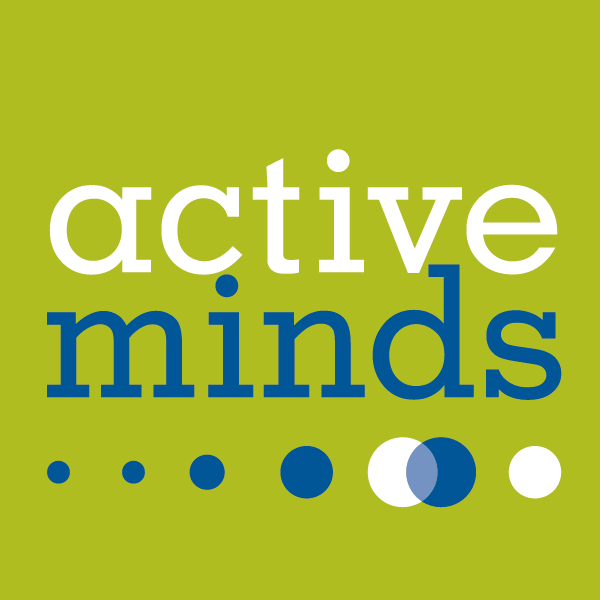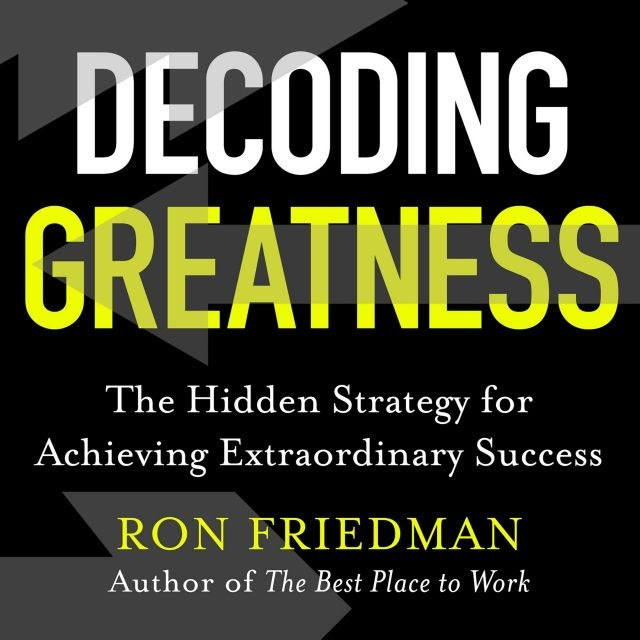Week 21.23 Let It Go
I have been thinking a lot about detachment this week. In part, I think this is inspired by 14 months of having to let so many things go due to the pandemic and then feeling what it is like when they return. This past week was the first time we hosted a dinner for friends since March of 2020. I have been reconnecting with communities that I have not seen in over a year. I even attended a hockey game with over 15,000 vaccinated fans screaming at full volume. It is still fresh enough in my mind that I can remember how I used to take these things for granted, they were a normal part of my life. For this moment, they feel very special and I am savoring the newness of the experience of each one. I am still looking forward to my first movie in a theater (will the experience be exciting to experience a movie in a room of strangers, is the big screen, and should that much better?) And I cannot wait until my first time back in a theater to see a play or musical with live performers.
As I feel the connection to these "paused" experiences, I am using the opportunity to evaluate what ideas I had become attached to that I don't want to reconnect. The pandemic pause is a black swan experience that gives us the opportunity for honest reflection on what really matters. It reminds me of an elimination diet that I was on a few years back. For 30 days, I had an extremely restricted diet and then started adding back foods one by one to see how I felt when I started consuming them again. In the process, I was able to sort foods into three broad categories. First: foods that I felt good after I ate and so wanted to continue to eat. Second: foods that really made me feel bad after I ate and decided it wasn't worth consuming. Third: foods that made me feel not so great after I ate them, but that I really enjoyed them so I would eat them in moderation. I have heard from my friends that the pandemic has inspired them to a sort of elimination diet for work, life, home, friends, and life in general. In the broader world, I suspect that this is some of the thinking that is driving the issues around employment. Rather than going from job to job, some employees are considering what they want from a job, what jobs are worthwhile and fulfilling, and which jobs are draining and depleting.
In addition to being able to reflect on what work/life activities and people we want to engage in and which ones we want to let go of, now is also a unique time to consider which thoughts and beliefs we want to hold onto and which ones we want to let go. Like monuments from another civilization, there were so many things that seemed historically important in January of 2020 and yet I cannot even remember what many of them were anymore. Some of them were worthy of arguing over, others were simply ideas to which I was so committed, that I dismissed the other point of view out of hand. I confess, my circuits were overloaded and I closed down my mind to ideas as a form of self-protection. Like with my elimination diet, the pandemic has given me a chance to pause the cacophony of information that offered no value except for the dopamine rush of feeling "smarter". More than an elimination diet, the pandemic was a form of rehab from this particular addiction.
This past week I heard someone talk about leadership as an aggressive all-or-nothing proposition, vilifying the opposition and declaring their view right and others wrong. In fact, I heard that same story three times in very different contexts. Last year I know it would have triggered me. After my pandemic cleanses, I have options. I considered if there was any merit in the argument. I considered if there was anything I could learn from it, even if I didn't agree with it. I considered what I could learn about the other person. I thought about what role I wanted to play - did I want to engage or did I want to move on. We live in a world in which entrenched beliefs are pulling society apart or at best, cutting us in half. We have a choice about how we want to live in that world, and this year has given us the unique perspective to reset our priorities. What are our aspirations for the life we want to live? What are the ambitions for the accomplishments we want to have? And what are the actions we are willing to take now to accomplish our ambitions and fulfill our aspirations? Right now, while my "pandemic mind" is still clear, when something is not advancing my ambitions or fulfilling my aspirations I am want to make the choice to let it go.
Week 27 of 52 Weeks of Giving: Active Minds
Active Minds is the nation’s premier nonprofit organization supporting mental health awareness and education for young adults. We are dedicated to saving lives and to building stronger families and communities. Through education, research, advocacy, and a focus on young adults ages 14–25, Active Minds is opening up the conversation about mental health and creating lasting change in the way mental health is talked about, cared for, and valued in the United States. One data point: 67% of young people tell a friend they are feeling suicidal before telling anyone else. Another statistic: Students are 20 percent more likely to receive treatment on campuses that are perceived to be supportive of mental health issues than not. Our approach addresses individual needs as well as the overall culture in the community, workplace, or campus. We build strong and supportive environments where anyone who needs help, seeks help, with confidence. https://www.activeminds.org
Decoding Greatness a new book by Ron Friedman
One of our newest 100 Coaches members, social psychologist Ron Friedman, will be releasing his second book next week (June 15), titled Decoding Greatness. In it, Ron argues that greatness doesn't come from talent or 10,000 hours of practice. It comes from mastering a simple skill that artists and business titans have been using for generations: reverse engineering. In other words, studying the best in a field and working backward to figure out how they did it. If you enjoy compulsively readable books that demystify success (think Malcolm Gladwell's Outliers or James Clear's Atomic Habits), you'll find lots of great insights inside this book, including:
How artists, chefs, photographers, writers, and entrepreneurs acquire new skills by reverse engineering outstanding examples
How to find hidden patterns inside your favorite book, website, and TED Talk
How to write like Malcolm Gladwell, develop dishes like David Chang, and generate ideas like Don Draper
How To Thrive in The Virtual Workplace By Robert Glazer book #1 best seller on running meetings
The remote work revolution has arrived ahead of schedule. Whether you’re an employee wanting to achieve better work-life balance in your remote role, or a business leader attempting to create a lasting remote strategy, Robert Glazer has the playbook you need. Glazer and his team at Acceleration Partners have been working remotely since 2007, and they’ve won dozens of best places to work awards. Glazer has leveraged his own experiences, leading research, and employee success stories to create a definitive guide to excelling in a remote workplace. How To Thrive In The Virtual Workplace is now available outside North America, and shares all the principles, tactics, and tools you need to help lead the remote work revolution. Get your copy today: https://amzn.to/2NbeXBY
Rhett Power will be featured in the Social Movement TV series!
Rhett Power will be featured on the Social Movement TV series, a business reality/docuseries that will challenge the world's best entrepreneurs, investors, and visionaries to take on the task of solving real-life social issues impacting the world. The teams have only four days to engineer a viable business solution to the social problem they are assigned. Some of these issues include solving poverty, equal access to education for women and girls, tackling mental health issues, eradicating cyber bullying, ending racism, and curing cancer. Courageous Leadership and Rhett are honored to change the world on The Social Movement. As we always say, Courage is a prerequisite for change. Watch Rhett's journey this year as it unfolds! Season 2 will be aired worldwide on Amazon Prime, Apple TV, and other major streaming platforms.
What Causes Honest People to Become Dishonest? (If your words and actions don't align, you have permitted your employees to lie) by Ruth Gotian
Ruth Gotian reviews and reflects on Ron Carucci’s book, To Be Honest; Lead with the Power of Truth, Justice and Purposein this Psychology Today Article, What Causes Honest People to Become Dishonest. She delves into the research and draws conclusions from her own behavioral science expertise on the things that cause humans to act in ways they thought they never would. Take a read!
And, as always, thank you, Marshall, for making all of this possible.
With love and gratitude
Scott












